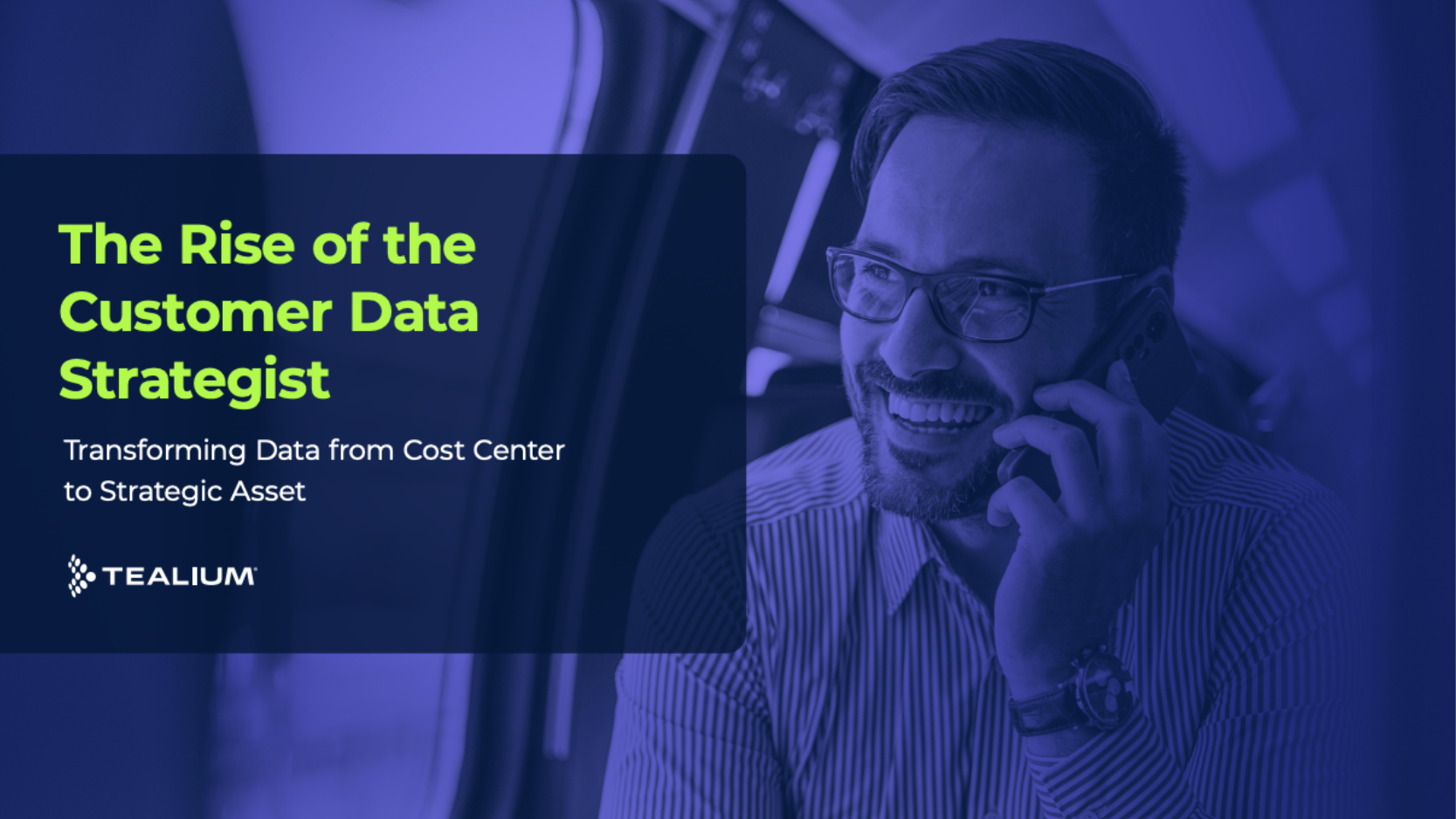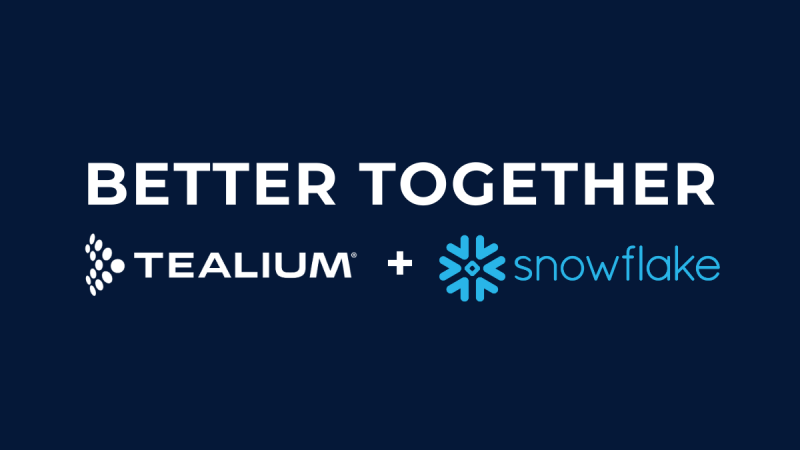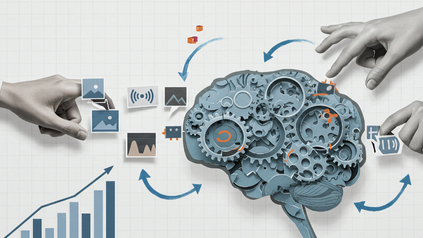With each day that passes, it seems like a new data privacy law pops up for consideration somewhere around the world. Much of this momentum was kicked off when the EU’s General Data Protection Regulation (GDPR) went into effect in May 2018. Since that time it’s felt like an ever-increasing list of data privacy acronyms have made their way into the spotlight.
Is your company hiring a “DPO”? Should you integrate your CDP with your CMP? Which data privacy acronyms should marketers and analysts have at the top of their minds in 2020? Let’s review some obvious, and not so obvious, acronyms.
Upcoming Data Privacy Legislation
Gartner predicts that by 2023, 65% of the world’s population will have its personal information covered under modern privacy regulations, up from 10% today. So which privacy regulation should you keep top of mind this year?
CCPA
What is it? Let’s start with one of the biggest privacy laws going into effect (and enforcement) this year, the California Consumer Privacy Act (CCPA). Passed into law on June 28, 2018, the CCPA protects personal information of California consumers (even if they are traveling outside the state when they disclose their personal information). It also introduces new consumer rights, most notably the right to “opt-out” of the sale of personal information.
Why does it matter in 2020? Because enforcement of the CCPA begins on July 1st, and businesses will be required to be extremely transparent about how they are collecting, using and disclosing their customers’ personal information or else it’s going to cost them real money. Luckily, we have you covered with this Master Class series on CCPA that covers how marketers, analysts, and developers can get prepared.
A Key Data Privacy Job Title
DPO
What is it? Ok, let’s talk job titles. By year-end 2022, more than 1 million organizations will have appointed a Data Privacy Officer (or Data Protection Officer) according to Gartner. The concept of a DPO has existed for many years but is now gaining momentum as more and more data privacy regulations pop up all over the world.
Why does it matter in 2020? It was estimated that there were only a few thousand official DPOs before the GDPR took effect in 2018. Gartner estimated that about 500,000 organizations hired DPOs In 2019. Organizations that avoided hiring a privacy officer because they weren’t subject to the GDPR now need to catch up with CCPA and a host of other regulations just around the corner.
An Update in Data Privacy Frameworks
IAB TCF
What is it? Let’s cover a two for one acronym here in the data privacy framework realm. To help ad operations teams and publishers make the transition into GDPR compliance, the Interactive Advertising Bureau (IAB) of Europe came up with a common framework called the Transparency and Consent Framework (TCF) so that publishers (and their technology vendors) can more easily comply with the privacy policy.
Why does it matter in 2020? While IAB’s first version of the transparency and consent framework is already out, it’s preparing for some updates later this year. Version two of IAB’s TCF is slated to come out of beta in June 2020. Looking for additional details on how Tealium fits within the IAB framework? Head here.
Tools and Technologies
CMP
What is it? A Consent Management Platform (CMP), is a tool for collecting user consent and passing that data to downstream technologies. In a world where not asking (or giving the options) for data privacy preferences on the website is becoming extinct, a CMP serves as a front-line software to manage data privacy preferences.
Why does it matter in 2020? If you have a website in 2020 and are collecting data about your users on that site, a consent management solution is a must. While companies shouldn’t confuse consent with data privacy compliance, getting consent management in place is typically the first step on that journey.
There are many ways to go about approaching consent collection with data collection, but not all are equal. Tealium has been thinking about governance and data privacy for years and as a result, has built a consent manager natively into Tealium iQ Tag Management and has built integrations with leading CMP vendors.
CDP
What is it? Let’s take a look at Gartner’s definition, “A Customer Data Platform (CDP) is a marketing system that unifies a company’s customer data from marketing and other channels to enable customer modeling, and optimize the timing and targeting of messages and offers.” That’s a pretty traditional definition of a customer data platform, but how does this technology assist in privacy regulation efforts? Simply put, it’s not only marketers who benefit from a single view of their customer. Data privacy practitioners also want a view of their customer data across every channel to more easily comply with emerging privacy regulations.
Why does it matter in 2020? Today, consumers are more privacy-conscious than ever, and that’s a good thing. By creating a single source of trusted customer data, CDPs can help ensure that privacy preferences are met and honored throughout all channels. Privacy offices can more easily respond to requests by having a single source of trusted data. Think of the time you could save by going to a unified source of customer data when dealing with privacy requests rather than tracking down every known source and silo of customer data in your organization. With a data-first CDP, brands can supercharge their data privacy approach and increase efficiency.
While the list above probably doesn’t cover every privacy acronym you’ll need to have up your sleeve for 2020, I hope it’s a good start. Looking for more data privacy information from Tealium? Start here:






